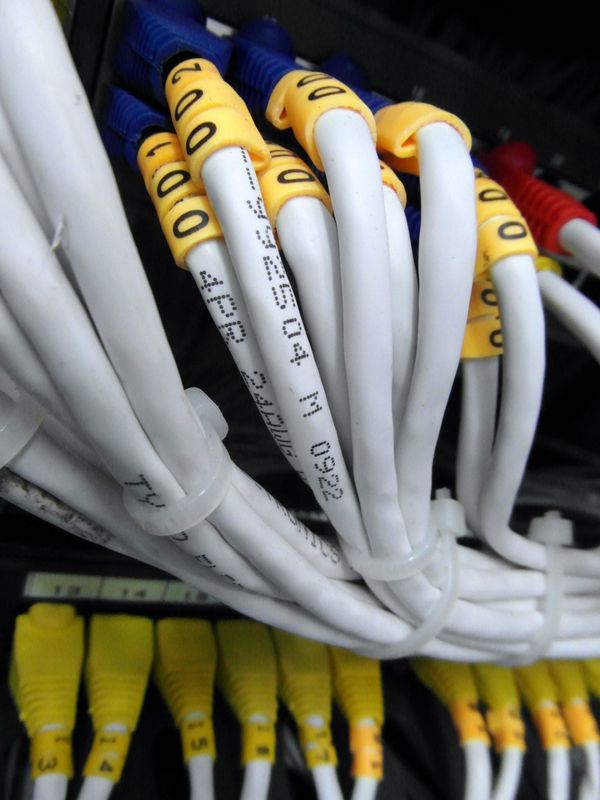FBI Warns Public of Possible Spying through Smart TVs

FBI issued an advisory for people who have bought a smart TV, or are thinking of buying one, in an attempt to raise awareness of privacy issues users might introduce into their homes.
Hackers could conceivably take control of smart devices and use them in various attacks. Now that Black Friday has passed and Christmas shopping is in full swing, the FBI is trying to warn people that their new TV could be used as a digital spy, at the very least.
Many modern smart TVs come with at least the ability to go online, and many people go through the steps of connecting them to the Internet. Even if your new device has no microphone or video camera, it can still send usage reports back, informing third-party companies of what you’re watching and for how long. It’s an efficient way to get precise metrics, and most people don’t even know this data is collected from them.
The presence of embedded microphones and cameras in smart TVs makes the problem much more complicated. Depending on the TV manufacturer, users face various levels of exposure. More prominent companies take security more seriously and usually issue patches when vulnerabilities and exploits are found. But many companies abandon any support for TVs after the launch.
“Beyond the risk that your TV manufacturer and app developers may be listening and watching you, that television can also be a gateway for hackers to come into your home,” explains the FBI. “A bad cyber actor may not be able to access your locked-down computer directly, but it is possible that your unsecured TV can give him or her an easy way in the backdoor through your router.”
Users can’t do much about the Internet connection and online functionality of their smart TVs, but they can take preemptive measures to lower the risks. The most important aspect is to know exactly what your device can do in terms of connectivity and privacy.
It’s also a good idea to check the privacy settings on the smart TV and see if some of the default ones can be modified to offer better privacy. Turning off the embedded camera might not be enough, so it’s advisable to place a small piece of black tape over it. Finally, users should regularly check for updates or set up the TV to update itself automatically.
Alternatively, users should consider investing in a Smart Home Cybersecurity Hub, such as Bitdefender BOX, which is explicitly designed to find vulnerabilities in IoT devices, including smart TVs, and to prevent devices from sending unencrypted data over the Internet.
tags
Author
Right now Top posts
How to Protect Your WhatsApp from Hackers and Scammers – 8 Key Settings and Best Practices
April 03, 2025
Outpacing Cyberthreats: Bitdefender Together with Scuderia Ferrari HP in 2025
March 12, 2025
Streamjacking Scams On YouTube Leverage CS2 Pro Player Championships to Defraud Gamers
February 20, 2025
How to Identify and Protect Yourself from Gaming Laptop Scams
February 11, 2025
FOLLOW US ON SOCIAL MEDIA
You might also like
Bookmarks








